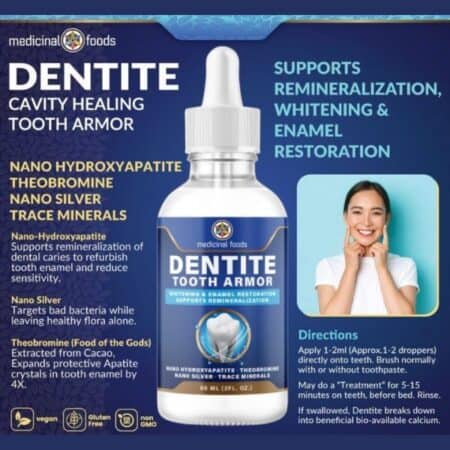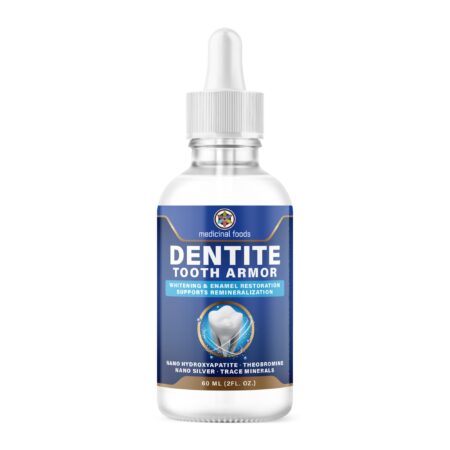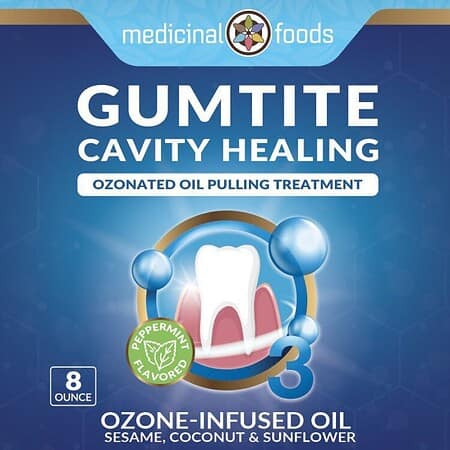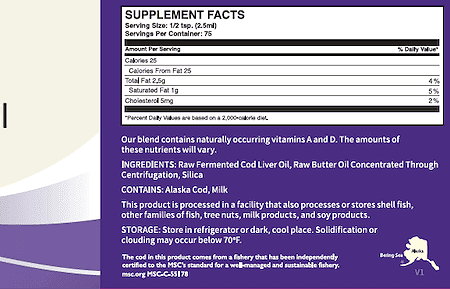What is alzheimer’s
When approaching an advanced age, more and more elderly people are experiencing irreversible forms of cognitive decline, and oftentimes struggle to understand why. So what is Alzheimer’s exactly?
During the second half of the 20th century there has been an alarming rise in this neurodegenerative disease beginning after the age of 60 and most drastically after the age of 65.
In 2010, there was an estimated 36 million people worldwide living with some form of cognitive decline, with the expectation that the numbers will double every twenty years.
Our brains naturally slow down as we age, and many people experience greater difficulty doing basic tasks, particularly reduced cognitive activity, brain fog, and slower short-term memory recall.
What is the difference between dementia and alzheimer’s
These troubling and increasingly common symptoms are grouped under the general term dementia, which simply means the person is experiencing an overall cognitive decline.
But when a person begins to forget their own memories, the names of love ones and important experiences with these people with whom have spent the majority of their lives, the disease is called Alzheimer’s Disease, abbreviated AD.
This specific form of cognitive decline is very distressful because an elderly person gradually loses their most important mental assets and their connections to everyday life.
Life becomes more difficult not only for the patient but for family members as well.
The cause of this brain disease has not been adequately identified by the medical community, nor the reason why its onset has seemingly arisen only in the previous century.
Not only is its cause relatively unknown but its effects are irreversible. The best hope is to slow down its progress, but even then many families feel helpless in the face of the alarming turn of events.
Fortunately, there has been some progress towards understanding what is happening neurochemically as well as other possible links to other areas of the body.
MicroRNAs associated with alzheimers disease
The search for answers begins with discovering the biological markers that show the onset of neurodegenerative diseases. From there it is possible for early diagnosis and potential treatment.
Patients will experience what is called mild cognitive decline (MCD) in the early stages of the disease. This is a mild form of a slowed memory recall and the difficulty of carrying out day-to-day functions on a mental level.
From this stage scientists have sought to identify what is changing biologically to cause the brain to decline. This led them to research microRNAs, or miRNAs for short.
These are the proteins conscripted in the nucleus of cells that encode genetic expression. They are involved in almost all biological processes because they are the core writers of the genetic expression in newly formed cells.
There are specific miRNAs encoded for the central nervous system that regulate the differentiation, proliferation and maintenance of nerve cells (neurons), as well as the plasticity of brain matter.
Neuroscientists will take an image of the brain using MRI and PET scan technology in order to identify if patients with AD have irregular quantities and/or abnormalities in their expression.
The evidence has shown that miRNA expression changes with AD patients compared to functionally healthy adult patients, giving the potential for a positive biomarker for degenerative disorders.
The research conducted is relatively new and more thorough studies are necessary because of the relative similarity, natural expression, and complexity of miRNA in AD and healthy patients.
But overall, there is a link between how the genes are being encoded in cells and the onset of neurodegenerative conditions.
Gut health and alzheimer’s
Other research methods have proven to be a bit more conclusive.
Looking at other areas in the body, not just the brain exclusively, has produced positive linkages for the causes of neurodegenerative decline.
One hopeful area of research is in the biome of the small and large intestines and the diversity of micro bacteria and its relationship for healthy brain functioning.
In fact, the relationship between the gut and our mental well-being is so well establish that it has led to the biome of the digestive tract to be called “the second brain”.
For example, most people have heard to the neurotransmitter serotonin, which gives the sensation of pleasure, calm and optimism – sometimes called “the happy chemical”.
Well, 90% of serotonin is made in the digestive tract!
The production, secretion and interchange of critical proteins and peptides between these two systems is incredibly important and interdependent.
Thus, many clues have been discovered about AD and the lack of microbial diversity in the digestive tract that can exacerbate the effects of aging on the brain.
A diet of organic fruits and vegetables, not eating before going to bed (to improve sleep patterns), reducing the intake artificial/laboratory processed foods, and practicing de-stressor exercises such as meditation, have all been shown to simultaneously improve the digestive process and improve cognitive functioning.
Probiotics and alzheimer’s
One excellent method to improve the bacterial diversity of the digestive tract is to consume probiotic foods.
These are foods that are “alive” meaning they contain living and growing bacteria within them that, when ingested, serve to cleanse the small and large intestine of other harmful bacterias or built up indigestible content on the cell walls.
The process of fermentation is the core principle behind probiotic foods. During fermentation the existing bacteria in the food further generates more “good” bacteria that will substantially improve the digestive, immune and nervous systems all at once.
With a healthy microbiome in the digestive tract a person is much more able to absorb nutrients from food, detoxify harmful substances that may be contained in the food, and improve the body’s overall immune response.
Probiotic foods that contain these healthy bacteria for our digestive tracts include:
-
Unpasteurized milk, cheese and yogurts
-
Kombucha
-
Kefir
-
Sauerkraut
-
Pickles
Countless studies have shown that a healthy stomach improves one’s mood, ability to produce serotonin and dopamine, heightened stamina, and improved sleep patterns, which all counteract the slow onset of mental decline.
Alzheimer quotes
Caring for a patient suffering from cognitive decline is an extremely challenging prospect. This quote is a good summary for those who have had to live through these tough experiences:
“Dementia care—it’s not rocket science, it’s heart science.” – Gail Weatherill, RN
When a person is no longer able to communicate with a fully intact mental capacity they seem to have lost one of the most important tools for being alive.
But even though they are not able to communicate in the same way as before we can find solace and peace knowing the heart communicates in a language all its own.
In fact, those who suffer from AD have an opportunity, with the help of devoted caregivers, to develop the capacity to directly express themselves from the heart.
While the search to discover exactly what is Alzheimer’s and its causes continues, there are preventative methods that we can all employ today to reduce our chances of developing it, and to continue to discover how to care for those who are suffering from it with a great patience and compassion.


























